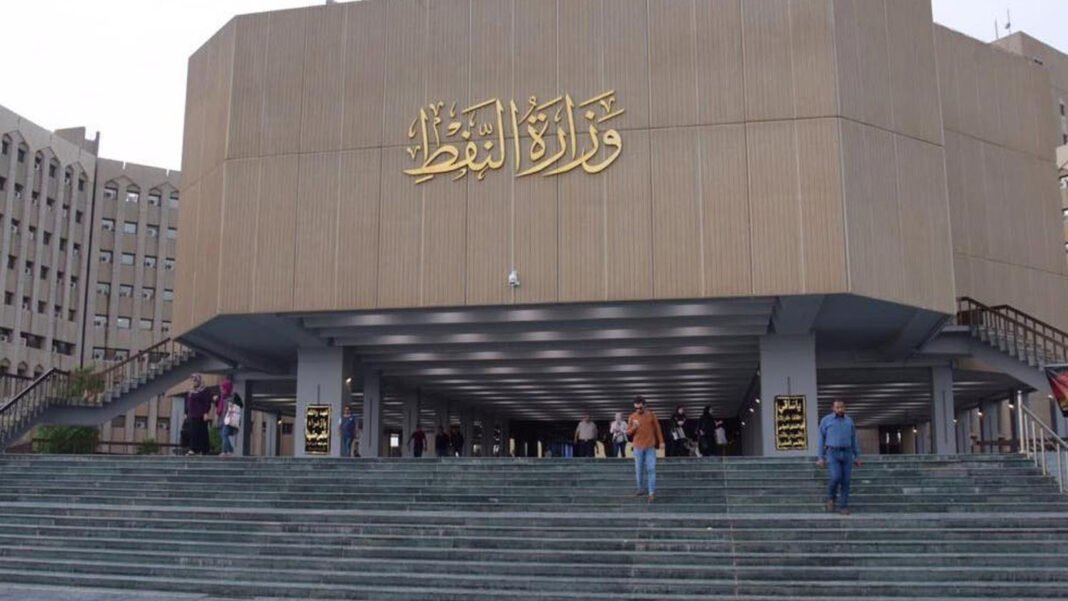The Iraqi Ministry of Oil has firmly rejected any unauthorized oil deals between U.S. companies and the Kurdistan Regional Government. The Oil Ministry Authority stated that such agreements, if not cleared through Baghdad, violate Iraq’s Constitution. This stance reinforces the central government’s control over natural resources.
The Ministry clarified that it already has many contracts with American oil companies. These partnerships include work in drilling, exploration, and consultancy. However, all projects must go through the federal oil authority to remain legal and constitutional.
According to the Ministry, it values the role of American companies in the energy sector. It highlighted that Iraq continues to welcome foreign investment. Yet, the Ministry insisted that all agreements must align with decisions from the Federal Supreme Court.
The warning comes as tensions between Baghdad and Erbil persist over control of oil revenues. The Ministry explained that bypassing the federal oil authority undermines national sovereignty and disrupts fair resource management. These issues have long been a source of political and legal disputes in Iraq.
The statement also reminded international firms that Iraq’s constitution grants the federal government exclusive control over oil and gas contracts. Direct negotiations with regional governments, without Baghdad’s involvement, are considered illegal.
To avoid legal conflicts, the Ministry urged all foreign companies to work transparently with the central government. It emphasized the importance of protecting the country’s natural wealth under one system.
This move sends a clear message to U.S. companies: Iraq welcomes business, but only through approved federal channels. The Ministry stressed that any company found violating these rules may face consequences, including the loss of existing contracts.
As Iraq aims to expand its oil production and modernize infrastructure, ensuring a unified policy through the federal oil authority remains a top priority. The government hopes that by reinforcing legal clarity, it can attract more secure and lawful investments.


